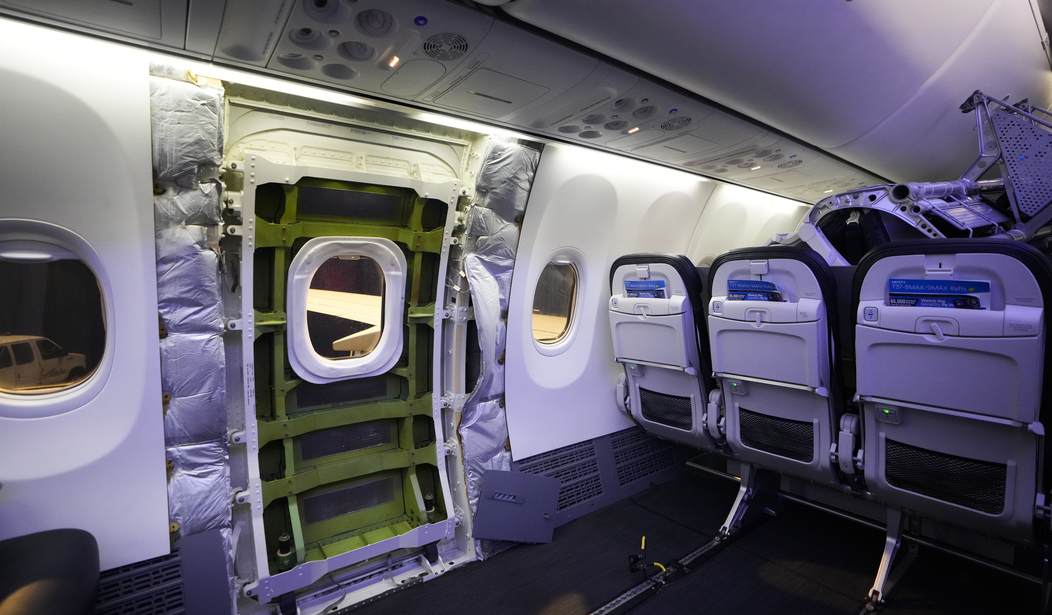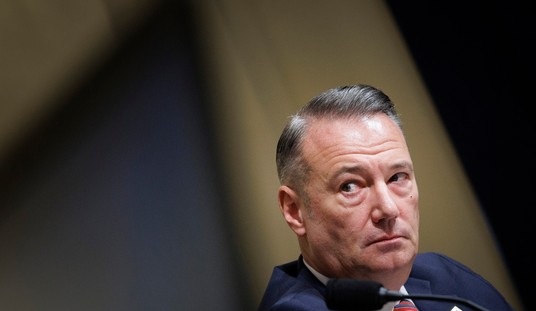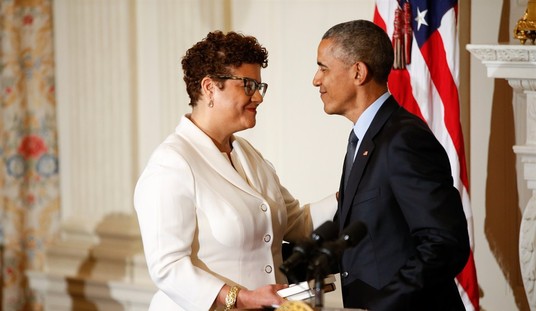I don't know if this will qualify as "the other shoe dropping" in Boeing's ongoing problems, but the news certainly doesn't sound great. The Federal Aviation Administration announced yesterday that they were opening an investigation into the company after Boeing reported that workers at its South Carolina production plant had falsified inspection records on some of its new 787 Dreamliner planes. The Dreamliner has already fallen behind its original production schedule and this sort of investigation isn't likely to help them catch up. Also, the inspection records in question sound rather important, so people will probably need to go back and run the tests again on their completed aircraft. The head of the 787 production line said that the company is taking “swift and serious corrective action with multiple teammates." (Associated Press)
The Federal Aviation Administration said Monday it has opened an investigation into Boeing after the beleaguered company reported that workers at a South Carolina plant falsified inspection records on certain 787 planes. Boeing said its engineers have determined that misconduct did not create “an immediate safety of flight issue.”
In an email to Boeing’s South Carolina employees on April 29, Scott Stocker, who leads the 787 program, said a worker observed an “irregularity” in a required test of the wing-to-body join and reported it to his manager.
“After receiving the report, we quickly reviewed the matter and learned that several people had been violating Company policies by not performing a required test, but recording the work as having been completed,” Stocker wrote.
The test records under discussion involved an inspection of the joint between the wing and the main body of the aircraft. I'm not an aviation design expert, but that sounds like a pretty critical component of the design since it literally holds the wings onto the plane. Based on the description Boeing provided, the inspection wasn't being done improperly. It wasn't being done at all. The people responsible for performing the test were apparently just skipping it and signing off saying that it was completed successfully.
This allegation is in keeping with the reports from the whistleblowers (both of whom are now dead) who claimed that Boeing prioritized getting the planes out the door as quickly as possible. Production speed was allegedly more important to them than safety. Boeing has continually denied those allegations, saying that the errors that have shown up are rare exceptions and that they encourage all of their workers to report potential safety issues and resolve them. It's a big company, so perhaps that's true in some places. But it doesn't match the stories coming from the whistleblowers.
We should probably at least give some credit to Boeing for reporting this issue to the FAA voluntarily before the information became public. Or, even worse, before a wing fell off of a plane. None of the planes have been pulled from service at this point, but the FAA is directing Boeing to immediately prepare a plan to conduct these inspections on planes that are already flying and to go back and run them again on the aircraft still working through the production process. As mentioned above, this will likely slow their delivery schedule further, but it's better than the alternative.
In other, possibly unrelated news, the families of the victims of two Boeing crashes in 2018 and 2019 have requested that the Department of Justice reopen an investigation into those incidents. There were allegations of possible criminal fraud involved. But those crashes were determined to have been caused by a fault in the planes' software systems that made them go into a dive unexpectedly in some circumstances. That problem has allegedly been resolved and we haven't seen any reports of the error recurring lately.
Boeing relly needs to get all of this cleared up and put it behind them. If there are many more delays in the delivery of their planes, the major airlines will need to start scaling back the number of flights they offer (again). And the delays that passengers are facing at airports these days are already too long. But the safety issues must be addressed first.








Join the conversation as a VIP Member